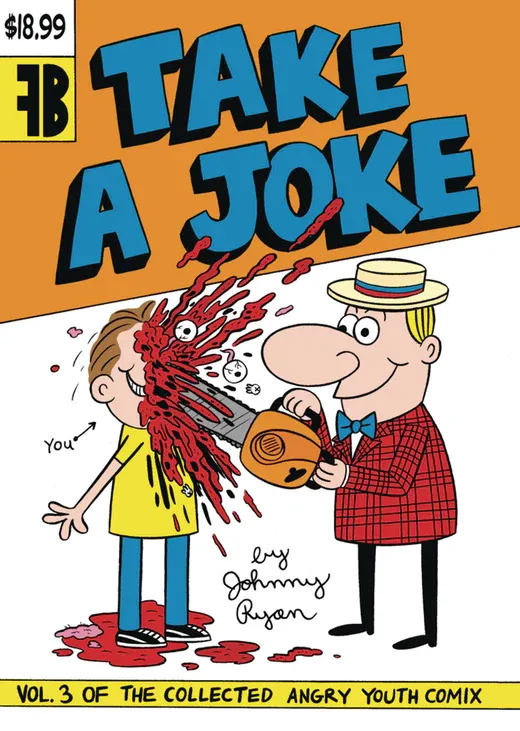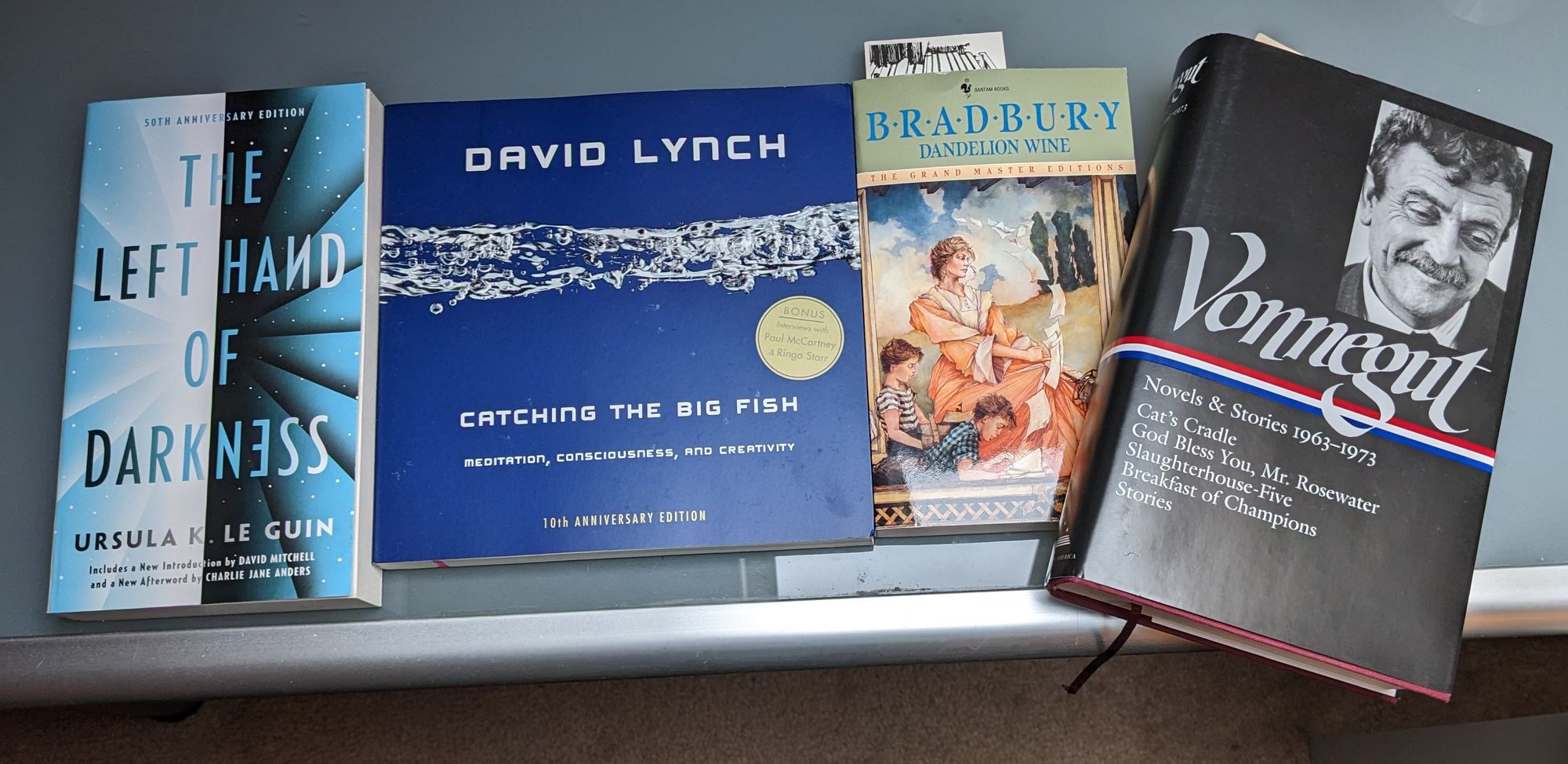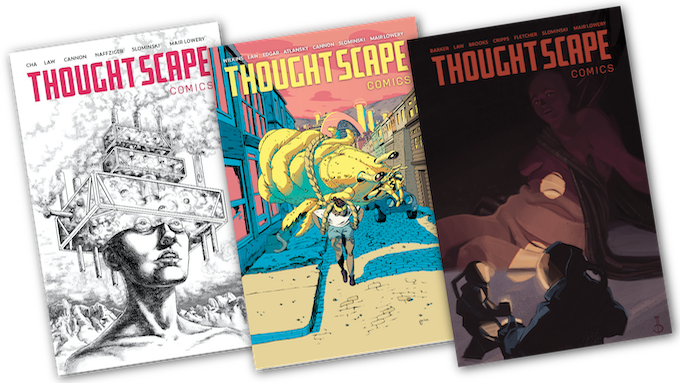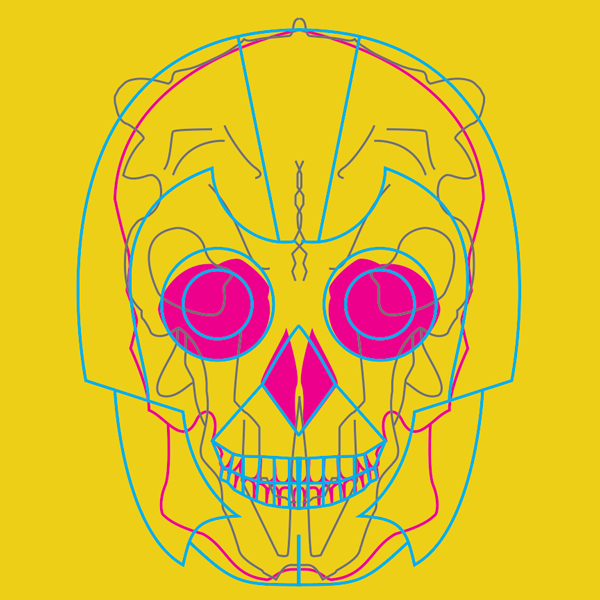Dirty Jokes & Soft Fingers – 010323
This is a newsletter by Christian Sager that comes out every other Tuesday. In it I attempt to make sense of the chaos I experience in the world. I try to sort that information along the model of Maslow's Hierarchy of Needs. This issue I write about dirty humor, adolescent musical comfort, a new reading custom for the new year, and picking up the guitar again.
Physiological
I like dirty jokes.
I could probably intellectualize this with the same Michel Foucault theory I used in my 2008 masters thesis, where he defines a “limit attitude” as having “a commitment to discovering the transgressions against what is accepted as both universal and obligatory.”
But honestly, there isn’t that level of sophistication to my enjoyment of filthy humor. I’m just fascinated by outsider art, lewd imagery and foul-mouthed turns-of-phrase. There’s something primal about it – not erotic necessarily – that reaches down into my guts and either makes me laugh uncontrollably or puzzle over the punchline curiously.
Sure, I could argue that Foucault’s premise means that my taste for obscene humor is actually an “interpretative analysis that will yield a revelation of the limits to society, knowledge and human social meaning.” With my natural leaning toward anti-authoritarian ideas, there’s probably something to that.
Put more simply, dirty jokes light up my brain differently than other means of communication. They push me to think about things in ways I rarely do, sometimes unpleasantly so. They challenge my values, making me reassess what I hold as important.
Comics are an especially conductive medium for exploring these ideas. I’ve long been intrigued by the theme of great comics creators descending further into their personal idiosyncrasies as they age. Steve Ditko, Howard Chaykin, Neal Adams, Alan Moore and Frank Miller are all examples of this playing out in spectacular fashion. More recently I’ve followed this track into the obscene underground comix of the 1960s and their successors today.
Fantagraphics is a wonderful gateway publisher into this world, leading me to retrospectives on artists like S. Clay Wilson and Jim Osborne. They also introduced me to Josh Simmons, a modern storyteller who I hope we can include in a future volume of Corridor.

In the last few weeks I’ve gone further down the rabbit hole, reading comics that will turn your hair white by people like Jim Blanchard & Chris Kegel, Johnny Ryan and Robin Bougie. The latter self-publishes Gutter Hunter, a self proclaimed “adults only guide to history’s wildest independent comics” that digs up some truly obscene stories from around the world.
Here are some of the words used to describe these books in their own publishers’ marketing materials: audacious, brash, fringe, gross, crude, scatalogical, transgressive, taboo-busting, politically incorrect.
I won’t lie to you, many of these creators flirt with sexist and racist concepts, even as they’re trying to make a point denouncing them. I'm still trying to unpack that contradictio, but reading them has challenged my ethics as much as any academic writing about anti-racism, feminism or other systemic oppressions.
It’s not lost on me however that most of these cartoonists are white and straight men. I’d really like to discover some queer, female or BIPOC creators that are just as transgressive in their work. Any recommendations? That's the next route I'd like to take in this exploration of dirty comics. The closest I've found so far is Ed Luce's Wuvable Oaf series.
Security
My house is warm in the winter. Success.
Belonging
As evidenced by my thoughts above, a theme for me lately is returning to the comfort zone of my more adolescent behaviors. There were some bands that my friends and I loved in the early nineties that have fallen to the wayside for me over the years. I dabble with them every once in a while, but haven’t seriously listened to them in over 25 years.
NOFX is chief among these artists. They’re equal parts immature, goofy, clever, offensive and wanky. No song is better evidence for this than “The Moron Brothers."
That’s what's been stuck in my head for three weeks now.
There was a point in my early twenties where I put music like NOFX behind me, in favor of what I thought of as more serious, ethical and progressive. But apparently that coarse gutter punk has been in there all these years, lurking in my heart, waiting to reassure me with familiar endorphins when something awful like Essie’s death happens.
So yeah, it’s been crude around here lately. Reading smutty comics, listening to silly punk and binging stand-up by comedians like Stavros Halkias.
Esteem
There are many books I still haven’t read by the writers I look to with great admiration. I sometimes think about these people as the uncles and aunties I wish I had growing up. When people ask me why I haven't read all of their bibliographies, I usually answer that I’m saving them so there will always be a new one for me to read as I get older.
But I’m starting a new custom. At the start of each new year I’m going to purchase hard copies of some of those books I’ve always meant to read, but haven’t yet. The goal is to read these by the end of the year and start over again in 2024.

This year’s entries include:
- The Left Hand of Darkness by Ursula K. LeGuin
- Catching the Big Fish: Meditation, Consciousness and Creativity by David Lynch
- Dandelion Wine by Ray Bradbury
- God Bless You, Mr. Rosewater by Kurt Vonnegut

My friends at Thoughtscape Comics are raising funds to publish three full issues of their anthology series serving up sci-fi action, thrills and chills in the tradition of 2000 AD, Black Mirror and The Twilight Zone.
Anything is possible in these taut tales of trauma and transformation, of people pushed past their limits by the gods and monsters they meet — or become — at the edges of technology and reality.
You can also include the first volume of CORRIDOR as an add-on with your order if you haven't read it yet.
Self-fulfillment
Some friends got me a subscription to Plottr for the holidays. I’ve been tinkering around with it to learn its capabilities before applying it to one of my writing projects. I’m too far along through the novel to start there, so I’m probably going to apply it to an RPG campaign first and then some short stories.
If you haven’t already guessed, I’m rather formalist about my writing. What I already like about Plottr is that you can customize the attributes you want to track along with the structure of your story.
For instance, I usually track at least two sets in my stories. I apply the “Greater Elements and Lesser Mysteries” that Jeff Vandermeer categorized in his Wonderbook: The Illustrated Guide to Creating Imaginative Fiction. And for every character I track a) what they want, b) what they need, and c) what they fear.
So far Plottr allows me to build these attributes into templates, while also including pre-built ones like Campbell’s Hero’s Journey. I'm looking forward to playing around with it some more in 2023.

I’m not very good at guitar. I’ve gotten even worse after not playing for over ten years. My fingertips are soft and I don’t have the hand and wrist strength I used to. Even when I was actively playing in bands I was often the least talented person in the group. People I played music with have since found success as professional musicians, sound engineers and boutique guitar gear makers. I haven’t produced any songs since the Invisible Maniac demo I made on a Playstation in the early 2000s.
Going into the new year I knew I wanted to make time for playing my guitar again. I wouldn’t say I find playing it fun. In fact, my guitar often makes me anxious, because I’m keenly aware that I don’t know what I’m doing.
Being surrounded by capable musicians means I picked up some rudimentary tricks here and there, but I don’t understand the fundamentals. Case in point, I just learned how to properly restring a guitar even though I played on stages in front of live audiences for close to a decade. All those times before I was doing it wrong. As a result I was often out-of-tune or breaking strings when I didn’t need to be. Punk ethos at its finest.
Like the dirty comics I mentioned earlier, playing guitar challenges me. It forces me to use a part of my brain I don’t regularly exercise. There’s something satisfying about that, so I’m trying to find little moments to tinker with my leftover gear and practice making power chords again.
Over the holiday break I organized a corner of my office where I can play by plugging my Jay Turser Rickenbacker 325 into an old Mac Mini through an even older Line 6 Toneport UX1. That device comes with freeware that mimics different amps and pedals, so I can replicate my old setup without dragging half-a-ton of gear with me from one home to another.
We brought so much music equipment all the way from Boston to Georgia and I never really used it. Over the twelve years we were there I slowly sold it off: a 4 x 20” Peavy speaker cabinet the size of a tank, two amplifier heads (a Hiwatt and an Ampeg), a keyboard and a fake Gibson L6 that was my backup guitar. I don’t know why I kept that gear for so long since I had no intention of playing out in public again. Even though I wasn’t very good at playing, it took a long time to let go of my identity as a musician.
I don’t have any aspirations for the guitar now, I just want to have it waiting for me in the corner whenever I find some spare time to shift gears and play. Maybe I’ll slowly get better and learn ways to play that I never knew before. Maybe not. I like having it there as a creative pursuit that’s just for me, but something that I don’t need to feel like an expert at. There’s no pressure to do anything but enjoy the noises I make with it.
Resilient Gratitude
- Big Fat Quiz of the Year
- The Pacific Ocean
- “The Moron Brothers”

